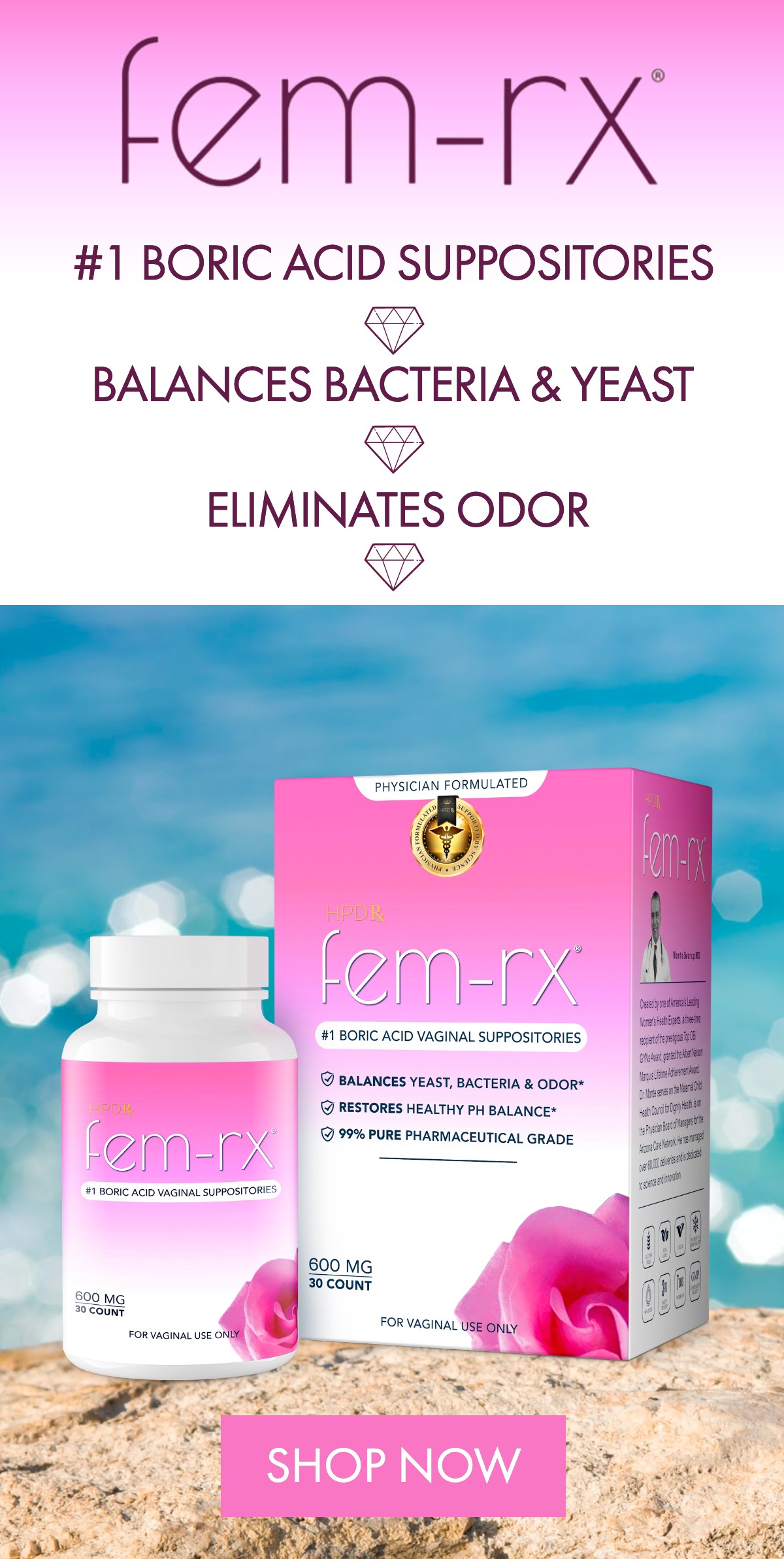
How the HPV virus led to throat cancer in Martina Navratilova
Martina Navratilova, legendary tennis star, recently revealed how her breast cancer is back and revealed yet another unexpected diagnosis. In the neck, the 66-year-old woman found a swollen lymph node. Her human papillomavirus-related Stage 1 throat carcinoma was identified by medical professionals as HPV-related. Are you perplexed as to how an STI can develop as throat cancer?
How HPV Can Lead to Cancer
The most prevalent infection transmitted sexually is HPV. Body contact, typically oral, vaginal, or anal sex with an infected person, is how HPV is transmitted. Because there could be no symptoms or indicators, many HPV-positive individuals are unaware that they are affected. The majority of infections resolve on their own, however some are more persistent and can even lead to cancer. Specifically, in a type of cell called a squamous cell, which lines some of the body surfaces like the throat as well as the genitalia, specific high-risk HPV strains can stay in the body for years. This ongoing inflammation may result in cellular alterations that lead to cancer.
As per the Centers for Disease Control and Infection (CDC), malignancies that HPV can cause include:
- In women, the vagina, cervix, and vulva
- In males, the penis
- Anus in both women and men
- Cancer of the oropharynx (the back of the throat) in both men and women
What is the outlook for throat cancer caused by HPV?
Navratilova declared that she had started treatment and that the future looked promising. The outlook for HPV related throat cancer is better than that for cancer brought on by smoking. It is extremely treatable and responds well to treatment.
The following signs and symptoms of throat cancer might occur:
- Ear pain
- Sore throat
- Weight loss
- Lump or tumor in the neck
- Difficulty swallowing
How can HPV be prevented?
The cancer-causing HPV strains are resistant to the HPV vaccine. Boys and girls should receive two doses of the HPV vaccine between the ages of 11 and 12, according to the CDC. The vaccine series works best when it is administered ahead of a person being exposed to the virus. Using dental dams and condoms are two additional strategies to safeguard oneself when engaging in sexual activity. It’s important to build your immune system with a healthy diet, exercise and supplements that with optimize your well being. There is only one supplement, AHCC, clinically tested and proven to help support immunity from HPV. Talk with your doctor if you have questions regarding HPV and your health.









